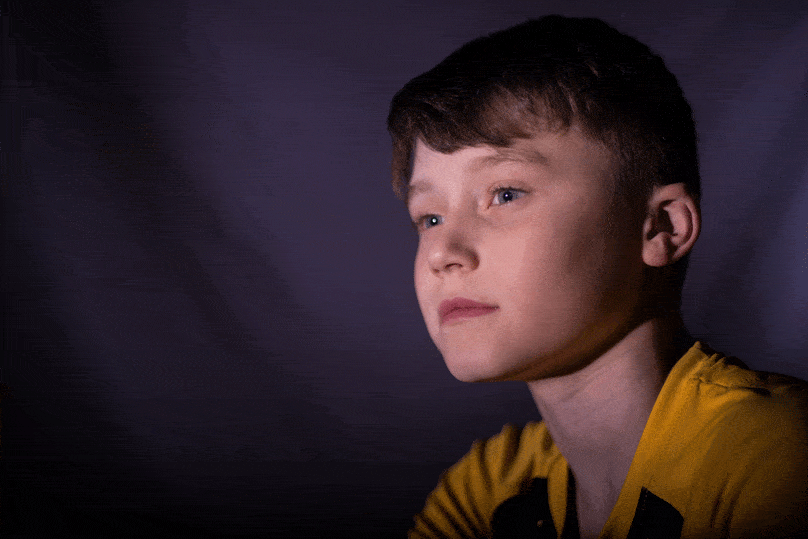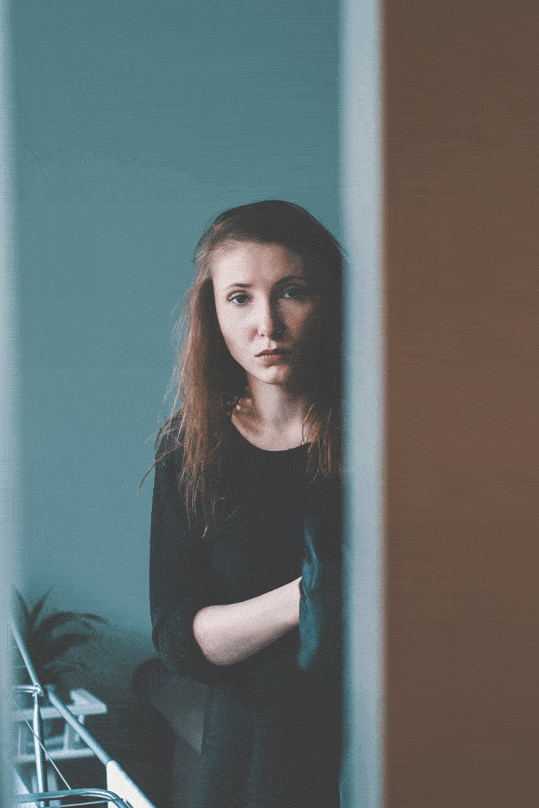
Imagine you’re in the emergency room, talking to the triage nurse. She asks you what happened, what you’re feeling, how much pain you’re in, and how long it’s been going on. And then she makes a decision about how quickly you need to be seen.
Sometimes, another patient comes in, and he’s in much worse shape than you are. He’s bleeding out, or having a stroke, or he can’t breathe, so he needs to see the doctor first.
Does this mean you’re not in pain? No, it doesn’t. Does this mean everything’s fine and you can go back home without getting help? Definitely not.
I thought of this scenario recently, after interviewing several women for an article about domestic abuse. A good many of them tormented themselves, wondering if what they and their kids were suffering qualified as abuse or not. If it was abuse, they knew they’d have to do something drastic. Maybe they should choose to leave, temporarily or even permanently, because that marriage and home was not a safe place for them or their kids.
But if it wasn’t abuse . . . well, maybe they could stand it a little bit longer.

In some cases, it was very obvious. The man of the house goes after you with a hammer? That’s abuse. He throws your kid out a window for wetting his bed? That’s abuse.
But in some cases, it wasn’t so obvious. Their husbands were selfish and controlling, but never actually hit anyone. Their husbands were sometimes good and kind to the kids, but he also routinely shouted and screamed at them, mocked them when they cried, called them filthy names, and told them how stupid and useless they are. Their husbands had some good days, when everyone could relax, and plenty of bad days, when everyone had to walk on eggshells and scurry around apologising for imaginary infractions.
If you and your kids are living that way, it may not be the kind of abuse that leaves bruises or results in charges, but that doesn’t make it okay. There may be more urgent cases than yours, but your suffering is still unacceptable.
In some families, when things are going badly, one spouse can decide to take a stand and call the other one out, saying firmly, “This [specific behaviour] is not acceptable.” People really can change their bad behaviour, if they want to, especially if they have support. It takes time, effort, and humility, but very often the turning point is when one spouse finally says “enough”.

But in some families, for many different reasons, it’s simply not possible or effective for one spouse to take a stand hoping for change. Many aggressive adults simply don’t want to acknowledge that their behaviour is wrong, and they don’t want to change. In situations like this, there are still some things the other spouse can do.
One simple thing a parent can do to counteract the damage done by an aggressive parent: Put it on the record that it’s not okay. Yes, in front of the aggressive spouse and the other children. If one parent is calling a child names, making him feel worthless, or telling him how stupid he is, the other parent should calmly but firmly contradict these messages.
This can take a lot of courage, especially if this pattern of behaviour is well-established in a family culture. Most spouses don’t want to undermine each other, and may feel that they have to choose between honouring their spouse and protecting their children; so they decide that their vows require them to be loyal to their spouse, even if he’s wrong.
And in some cases, a less-aggressive spouse feels that, because her behaviour is not perfect, she has no right to correct the other spouse’s behavior, even if it’s much worse. Because she’s flawed herself, she thinks she’s forfeited her right to speak out.
But what does that have to do with the children? What does it have to do with what they are learning about themselves, their worth, their value?
Children deserve respect just as much as adults do. The things a parent says to a child stays with him for a lifetime. A child who is told he is stupid will always believe he is stupid. A child who is told she’s a failure will always believe she’s a failure. When these insults and hostility come from the very heart of the family, they take root.
If one parent treats the kids with contempt and hostility, the other parent may not be able to force him to stop; but it can be a very powerful experience to hear the other parent say, “No, don’t call her that name” or “No, he’s not an idiot” or “She already said she was sorry, so now we can move along.”
Children need to know that someone is unequivocally on their side. They are learning from their parents who they are, and they desperately need to know that they are worth defending. And they need to know that, when they have children of their own, those children will be worthy of respect, too.
Do you find yourself in emotional triage because of what goes on in your house? Is what’s happening technically “abuse?”
Well, does it really matter what it’s called? If you even have to ask yourself that question, then something needs to change.
